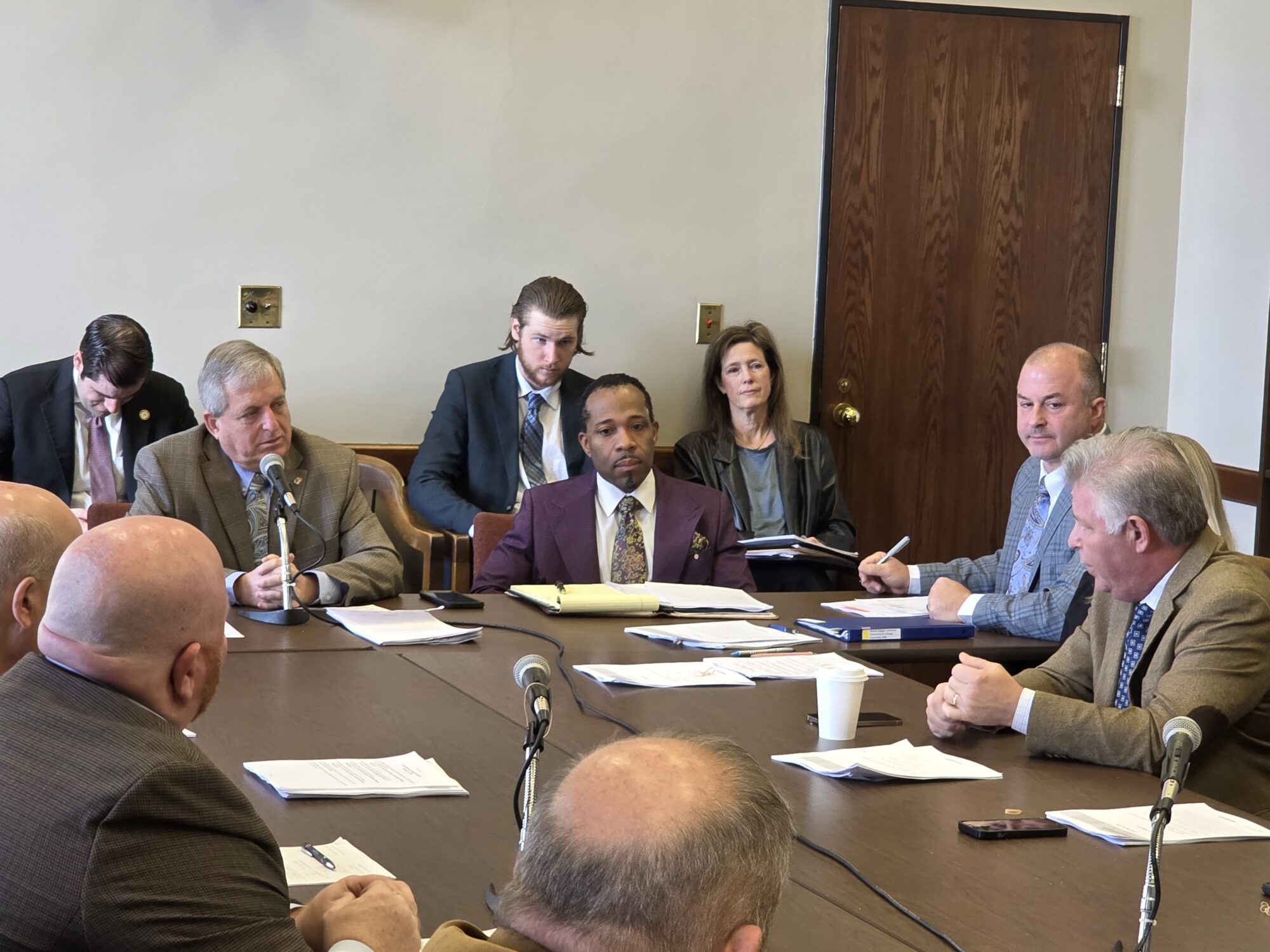
- The Mississippi Department of Education is also implementing a new evaluation method for superintendents assigned to lead Districts of Transformation.
In an effort to drive more teachers to the profession within Mississippi’s public school system, the state’s Department of Education has launched a new website.
That was one of the topics discussed by the State Board of Education last week.
Other topics included the implementation of a new school accountability model as well as an interim superintendent assessment process for Districts of Transformation.
Teacher recruitment website
MDE’s new teacher recruitment website is geared towards answering questions a potential educator would have, such as what is required to become licensed based on their current background.
“What the site does is it markets the teaching profession in Mississippi while breaking down the teacher prep and licensure processes,” State Superintendent Dr. Lance Evans told the Board of Education during Thursday’s meeting. “That’s something we get a lot of questions about. ‘How do I become certified? If I do not have a teaching license how do I get a teaching license? How do I become an educator?'”
The new website includes an overview of the benefits of a teaching position in this state, along with a short quiz to help direct applicants to the best path for an education career.
Accountability
The newest accountability scores for Mississippi’s districts and schools were released last week. Next year, a new summative rating process will be used to distribute those A-F scores.
Dr. Evans said the new model is builds off of the requirements established by the Accountability Task Force and is ready for implementation.
“This new summative ratings system will be established for the current academic year, and grades will be assigned in the fall of 2026,” Evans said. “We’ve had that question a lot, it will impact the current year that we are in.”
MDE is mandated under state statute to develop a new rating system once the student proficiency scores and/or school assessment scores reach a certain level. MDE said the target was met when 65 percent of schools held a rating of B or higher. For the 2023-2024 school year, 70.3 percent of schools were rated a B or higher.
Leadership in Districts of Transformation
To ensure superintendents assigned to Districts of Transformation are meeting the necessary goals in order to turn the district back over to a local school board, a new evaluation method has been developed by MDE.
A public school district is moved under MDE’s District of Transformation process when it fails to meet the state’s standards repeatedly, allowing Mississippi’s governor to declare a state of emergency that puts the district under temporary state control.
Reasons for making that declaration include the safety or best educational interests of students being in jeopardy, the district being ranked as a failing district two years in a row, or for financial reasons, to name a few.
When the governor makes such a declaration, the local school board is dissolved and MDE appoints an interim superintendent. When not under MDE control, superintendents in Mississippi are appointed by the local school board within each district.
“Of course, with this these superintendents in the District of Transformation do not have a local school board,” John Farrell, Chief Deputy Officer of Support and District Transformation, said.
Only four districts are under MDE control at this time, Farrell said.
MDE-appointed interim superintendents serve two roles, that of superintendent and also as the policymaker, since the local school board is no longer providing oversight.
Farrell informed the Board that the new process will only apply to superintendents appointed by MDE as part of the District of Transformation process. That dual responsibility role prompted the Office of District Transformation to draft a modified version of the superintendent evaluation form to ensure the appointed administrators are working to release that district to local control.
“The reason these schools are in this District of Transformation is because they have problems, and we need to not only help them but hold the people that we put in place accountable,” Matt Miller, chair of the Board added.
The administrators will also be tasked with developing a comprehensive analysis of the district to determine what is working, what is not, and what needs to be improved. They will also be required to focus on three areas within a district that need the most improvement and report to MDE monthly on that progress.
Farrell said that by focusing on three areas annually, better outcomes will follow through the implementation of those systems, which will remain in place when the local control resumes.
“So, to me, if we’re instilling systems in the district through these strategic plans every year… whenever we get to a point when we’re ready to turn over a district back to local control, those systems are in place to hopefully create that sustainability piece for when we leave,” Farrell described.
Teachers, students and community stakeholders are typically given a chance to provide input on the strategic plan through community wide surveys, Farrell noted. Development of the strategic plan for each district is formed by the interim superintendent and the Mississippi Department of Education.











